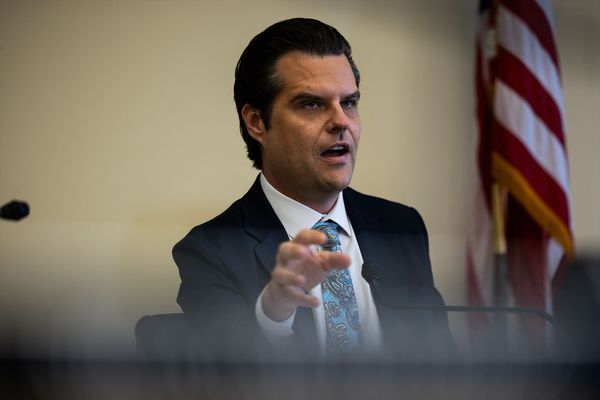
As the Reserve Bank meets to consider how much damage it has inflicted on the economy in unnecessary and ideologically motivated interest rate hikes, and whether more futile harm is warranted, other policymakers are dealing with a very specific sticky inflation problem.
Australians have long paid some of the world’s highest prices for cocaine — a product almost entirely imported into the nation’s market, one marked by highly anti-competitive behaviour by quite literal cartels.
Like inflation of other goods and services, high prices come with a range of damaging economic and social impacts — distorting investment decisions, incentivising monopolistic behaviour by market participants, and amplifying the negative externalities of the product’s use, like the (inevitably “brazen“) murder of competitors.
Like the Reserve Bank, however, policymakers and the media are blaming high prices on consumer demand instead of supply and competition. “Sydney has Australia’s highest house prices and is the nation’s cocaine capital,” The Sydney Morning Herald lamented yesterday. “Now, like house prices, the drug is more expensive in Sydney than in Europe. Only Saudi Arabia, where a drug conviction will get you beheaded, has higher prices for illicit drugs.”
Unlike housing, however, Nine is happy to blame consumers for the high price of cocaine. “Sydney’s dark addiction to cocaine is a curious need. We know it harms, yet celebrate the drug in film and song,” referring to its perception as a “party” drug of choice for “affluent members of society and high-profile members of the entertainment industry”.
The scolding of “affluent” consumers has echoes of the brief flurry of criticism of cashed-up, mortgage-less seniors whose continued holidaying and spending were held to be forcing the RBA to increase interest rates last year at the expense of the rest of us doing it tough — rather than the bigger problem of gouging by large companies.
To be fair to Nine, it has taken its cue from a senior policymaker, NSW crime commissioner Michael Barnes, who told the outlet that “upper-middle-class young people wearing business clothes and drinking red wine think it’s great to post pictures of people doing lines”. Notice the element of class that pervades this portrayal — real Aussies use locally manufactured ice; it’s only affluent, business-suit-wearing, upper-middle-class people who use imported cocaine. It’s like beer drinking vs sipping red wine.
Such people were “blind to the broader societal consequences of their consumption”, according to the article. Celebrities and football players were also to blame. “It seems to me it’s still glamorised,” Barnes said, calling for “a whole community response”. That sounds a lot like a central banker scolding the community that if only they’d stop spending so much, they could cut interest rates. It is also likely to be about as effective.
As we know, the primary cause of the high price of cocaine is government regulation, which forces supply chains to operate through illegal, and therefore much more expensive and unreliable, channels, and leaves distribution and retailing in the hands of a market that must conduct its own form of regulation in the absence of government regulation. Rather than scolding and abusing consumers, removing the regulatory impediments to supply is the most effective way to bring cocaine prices down and minimise the negative externalities of the product.
Importation, distribution and retailing could then be undertaken by legitimate companies that can be regulated and taxed in a way that is currently unavailable. Arguably, there would be a considerable reduction in the number of “brazen” homicides on Sydney streets if commercial disputes over cocaine supply were dealt with in the Federal Court.
This isn’t just an argument for legalising drugs, the logic of which is clear to everyone but major political parties and the media. Whether ice, pot, cocaine or heroin is your illicit drug of choice, the scolding of consumers to adhere to society’s arbitrary list of which drug is prohibited and which isn’t is a classic case of treating the symptoms rather than the cause.
Ever since cannabis was cultivated 10,000 years ago, humanity has consumed psychoactive drugs, for a variety of reasons. In 21st-century Western economies — marked by economic precarity, intergenerational inequity, lack of access to housing, the political and economic dominance of corporations and a refusal of the governing class to seriously address the climate catastrophe — the consumption of drugs is more than ever a rational choice to deal with the psychological toll of living under a deeply flawed economic and political system.
Lecturing people to stop consuming them isn’t merely fatuous; it’s profoundly ironic.
Bernard Keane uses codeine, caffeine and alcohol. He has, sadly, never used cocaine or any other illicit drug.







